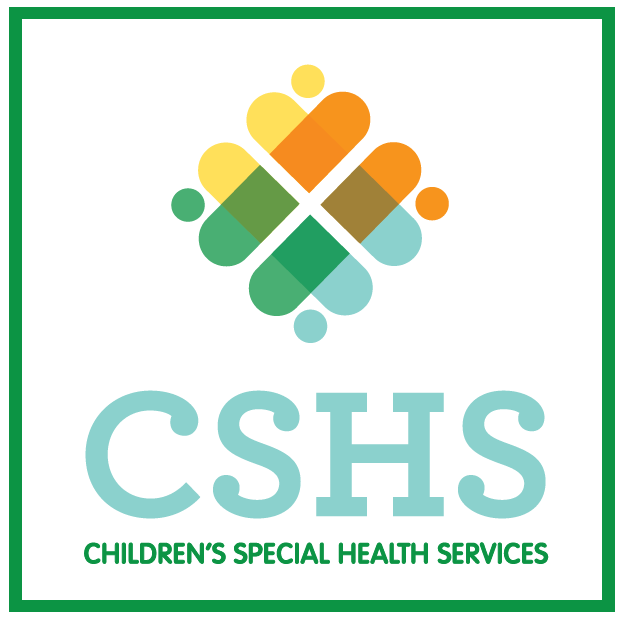Children's Special Health Services

Newborn Hearing Screening and Intervention Program
Resources for Primary Care Physicians
Resources for Primary Care Physicians

The primary physician role in the process of newborn hearing screening, audiological assessment, and referral to early intervention services is very important. The need for coordination of care is vital during the process and the primary care physician’s role is critical for advocating necessary services when questioned by insurance providers and also ensuring the timely completion of referrals. The physician is in a position to assure that the efforts of the various providers are coordinated in a way to ensure the best possible outcome for the child.
Facts about Infant Hearing Loss
- Hearing Loss is one of the most common congenital disorders
- Only 50% of infants with hearing loss have an identified risk factor
- 90% of infants born with a hearing loss have parents with no hearing impairment
Best Practices for Primary Care Physicians
- Review newborn hearing screening results at baby’s first well baby visit
- When a baby is born outside the hospital, discuss the importance of newborn hearing screenings and provide them with screening resources in your area
- Educate your office staff about the importance of newborn hearing screenings to that they provide a consistent message to parents
- Confirm that any necessary follow-up screening appointments have been scheduled
- Answer any questions parents may have about the importance of follow-up screenings or diagnostic evaluations
- Make referral appointments with an ENT or pediatric audiologist for any baby who has two hearing screenings with "refer" results and talk with the parents about the importance of keeping appointments
- Complete the fax report sheet sent by the Newborn Hearing Screening and Intervention Program and fax back with referral information as soon as possible.
- Review any screening or diagnostic test results with parents to make sure they understand what the “next steps” may be
- Provide parents with information on speech and language developmental milestones
Facts about Late-Onset or Progressive Hearing Loss
- Late-onset or progressive hearing loss can occur any time after birth
- Babies who “pass” their initial hearing screening can develop a hearing loss
- Children at risk for hearing loss should receive a full diagnostic evaluation by an audiologist at least once by 24-30 months of age
Risk Factors for Late-Onset or Progressive Hearing Loss
- Caregiver concern about communication
- Family history of permanent childhood hearing loss
- NICU care for more than 5 days or any of the following:
- ECMO-assisted ventilation
- Ototoxic medications
- Hyperbilirubinemia that requires exchange transfusion
- In utero infections such as CMV, herpes, rubella, syphilis, and toxoplasmosis
- Craniofacial anomalies, including those that involve the pinna, ear canal, ear tags, ear pits, and temporal bone anomalies
- Physical findings, such as white forelock, that are associated with a syndrome known to include a sensorineural or permanent conductive hearing loss
- Syndromes associated with hearing loss or progressive or late-onset hearing loss such as neurofibromatosis, osteopetrosis, Usher Syndrome, Waardenburg Syndrome, Alport Syndrome, Pendred Syndrome, etc.
- Neurodegenerative disorders such as Hunter syndrome, or sensory motor neuropathies such as Friedreich ataxia and Charcot-Marie-Tooth syndrome
- Culture positive postnatal infections associated with sensorineural hearing loss including confirmed bacterial and viral meningitis
- Head Trauma, especially basal skull/temporal bone fracture that requires hospitalization
- Chemotherapy
Newborn Hearing Screening Resources for Physicians
- Joint Committee on Infant Hearing 2007 Position Statement
- Newborn and Infant Hearing Screening Initiative
- Slides of the AAP Webinar "Sound Beginnings: Changing the


